An Eco-Socialist Education Agenda
My 10-point plan for creating an eco-socialist educational system
Our education system is a mess. The reason is obvious: it's being eroded by capitalism. This erosion takes many forms, from the privatization of schooling itself to altering curricula to meet the demands of employers to undermining the state's capacity to deliver universal public education, and so on. It's one of many ways that capitalism shreds our social fabric, keeping us in a constant state of crisis and anxiety.
For the same reason, there is also a great dearth of education for adults and the elderly. Instead of a lifetime of learning and enrichment, adults are lucky to get job re-training after a layoff and the elderly might get to learn a new card game after being shipped off to the old people warehouse. This is the education landscape created by an economic system that cares only about profit.
So, what would an eco-socialist education agenda look like? Broadly, it would claw back education from the capitalists and expand the public realm while aligning education with ecology.
Here are some ways we can do that:
Decommodify the supply chain. In the U.S., we spend $1.26 trillion per year on public education (K-12 + postsecondary). A great deal of it goes to procurement: textbooks, food, facilities services, etc. That enormous buying power is lavished on the private sector, where profits accrue to capitalists. Instead, that money should be used to seed an alternative economy based on public or cooperative ownership and ecologically regenerative production. A great example of this is the Cleveland Model, where a network of worker co-ops have been seeded around anchor institutions, successfully laying the groundwork for a post-capitalist supply chain. But the state should be a part of the supply chain, too: kids should be eating free school lunches made with food grown at the local municipal food forest, for example.
Move schools closer to kids. One aspect of American schooling that is inconvenient, unsafe, energy-intensive, and brain-deadening is driving kids to school. Whether in a car or a school bus, there is no way to get around the fact that moving kids long distances requires ruinous car infrastructure and wasted time; electric vehicles change none of this. The solution is to make schooling small and local. This means storefronts, parks, nature preserves, parking lots, yards, and so on can all become sites for schooling, allowing kids to walk to school and enjoy the benefits of mixed age classes. By bringing schools to kids, rather than the other way around, underutilized community resources replace the inefficiency and misery of the daily schlep.
Neighborhood reading rooms. As with schools, we need to bring libraries to the people. Neighborhood reading rooms would be a cross between a library and a co-working space, filling a huge unmet need. At the neighborhood reading room, you could read in a quiet, pleasant environment; get some work done; or pick-up library books you've ordered. Such a space would offer vital services while promoting community instead of isolation, all while reducing disastrous car dependency.
Forest kindergarten for all. A popular program in Scandinavia and Germany, forest kindergartens allow children ages 3-6 to spend the day learning and playing outdoors with adult supervision. Supported by decades of research, forest kindergartens offer enormous benefits in childhood development, psychological health, and academic preparedness, while simultaneously creating a positive relationship with the natural world. A sustainable future on Earth requires a population deeply connected to and protective of wilderness, and forest kindergartens are a great way to start that process.
An outdoor semester for all. Outdoor education shouldn't stop with forest kindergarten: all secondary public school students should be able to spend a semester "abroad" in an outdoor education program, if they wish. This would offer vital hands-on educational opportunities in a host of subject matters, while further developing the love of nature. It would also teach outdoor skills that would allow students to enjoy the wilderness—and our incredible public lands—for the rest of their lives, while also safely experiencing confidence-building personal independence.
Community book clubs. Some public libraries host book clubs, but they're often small, underfunded, and kinda sad. Meanwhile, celebrity book clubs demonstrate the huge demand for well-executed versions of the same thing. But rather than pouring money into the coffers of idiot celebrities, book clubs should be a vehicle for building vibrant reading communities around public libraries. A nationally-coordinated program that sponsors author tours, guest lectures from critics, free book giveaways, essay contests, and more would create buzz and value around community book clubs hosted by local libraries.
4H agriculture programs for adults. 4H is a USDA administered program that teaches young people plant and animal science and sponsors a variety of activities and competitions around that mission. It would be a simple matter to extend that valuable educational opportunity to adults, who otherwise don't have a centralized, free option for agricultural education. If we are to build a resilient, regenerative food system, many more people will need to participate in food production; a revamped and expanded 4H could be one training system needed to make that possible. And who wouldn’t want to participate in a giant vegetable growing contest or a sheep raising competition?
Personal conflict resolution training. Schools, colleges, and community centers should all offer free programs to teach people how to safely resolve their personal conflicts. It's truly baffling that we rely entirely on parents—who are often totally unequipped for the task—to teach such vital interpersonal skills. Meanwhile, our society suffers in all kinds of ways from the lack of those skills, which are needed to healthfully navigate adult life. Trained professionals successfully teach these things all the time, and anyone who wants to learn should have free access.
Community arts centers. With just a modest budget, storefront community arts centers could teach drawing, painting, ceramics, basketry, and other arts to the general public. In addition to enriching the lives of all who attend, community arts centers would offer reliable teaching income to working artists, who suffer from a lack of public support. Popularizing art as a hobby while supporting professional artists would be a win-win.
Learning/teaching groups for the elderly. Capitalism disposes of the elderly once they're no longer able to commodify their labor, and the consequences are a grim cocktail of loneliness and misery. Not only is this a terrible way to spend our last years on Earth, it's a huge waste: all of the skills and knowledge people have accrued over their lifetimes are walled off, preventing everyone else from benefitting from it. Qualified retirees should be enlisted to teach continuing education classes for small groups. This would ensure the transfer of knowledge, offer meaningful work to the teachers, and strengthen the social fabric in local communities.
So, there you have it: my ten point plan for starting us down the path of educational eco-socialism. Obviously, this isn't meant to be comprehensive. There's much more we can and should do. But this plan would get us moving in the right direction: expanding educational public goods that are democratic, ecological, and life-improving.
For daily updates, you can follow me on Twitter, Instagram, Bluesky, and Mastodon.

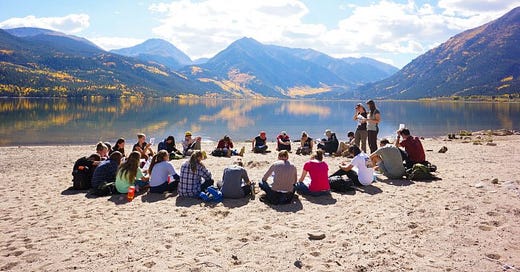




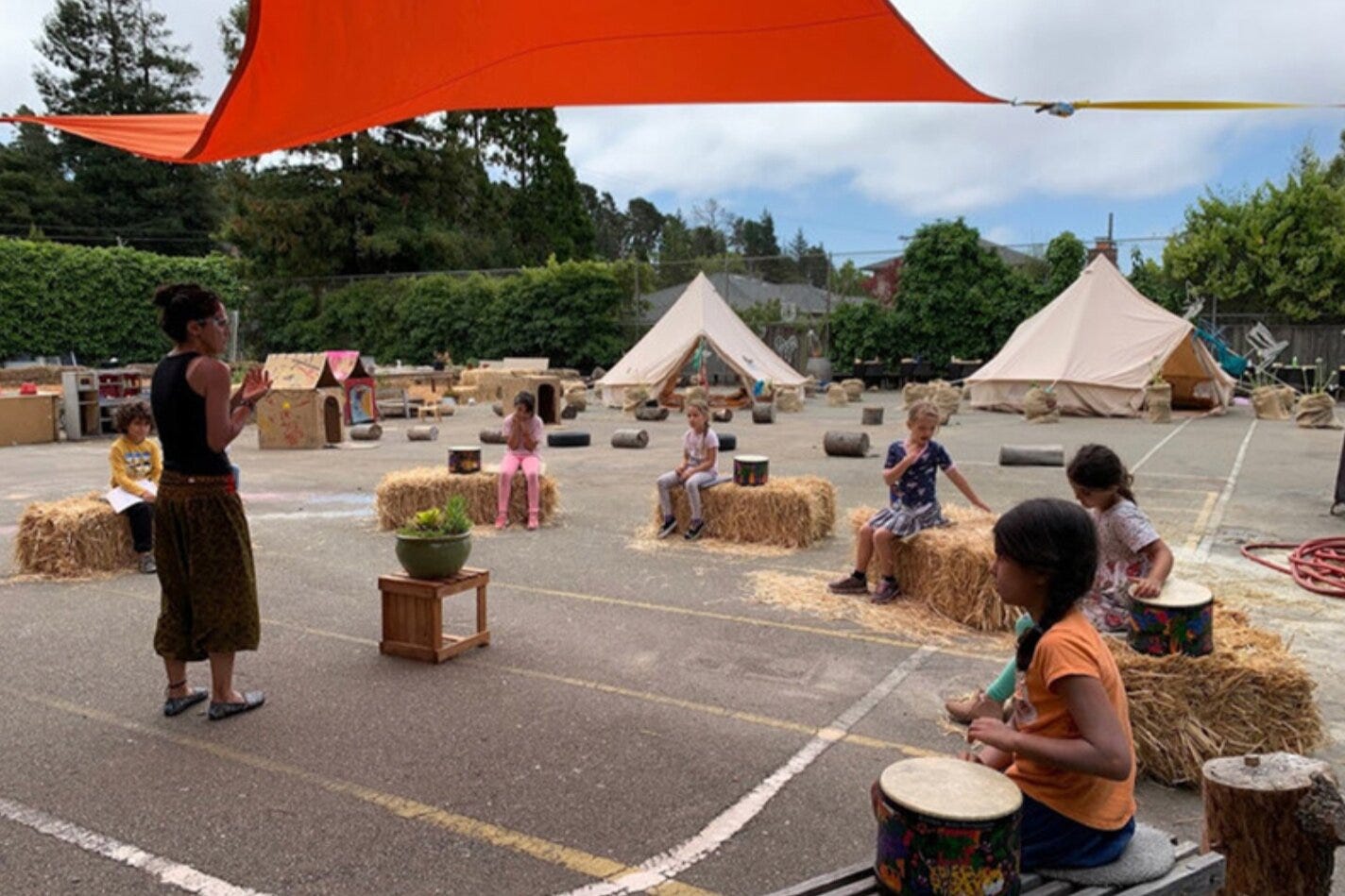
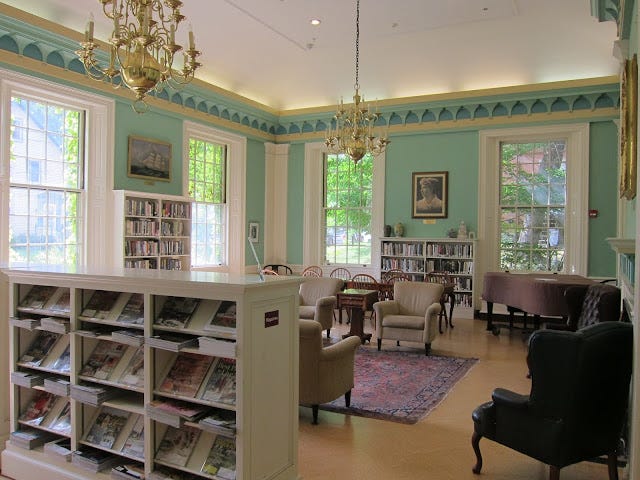
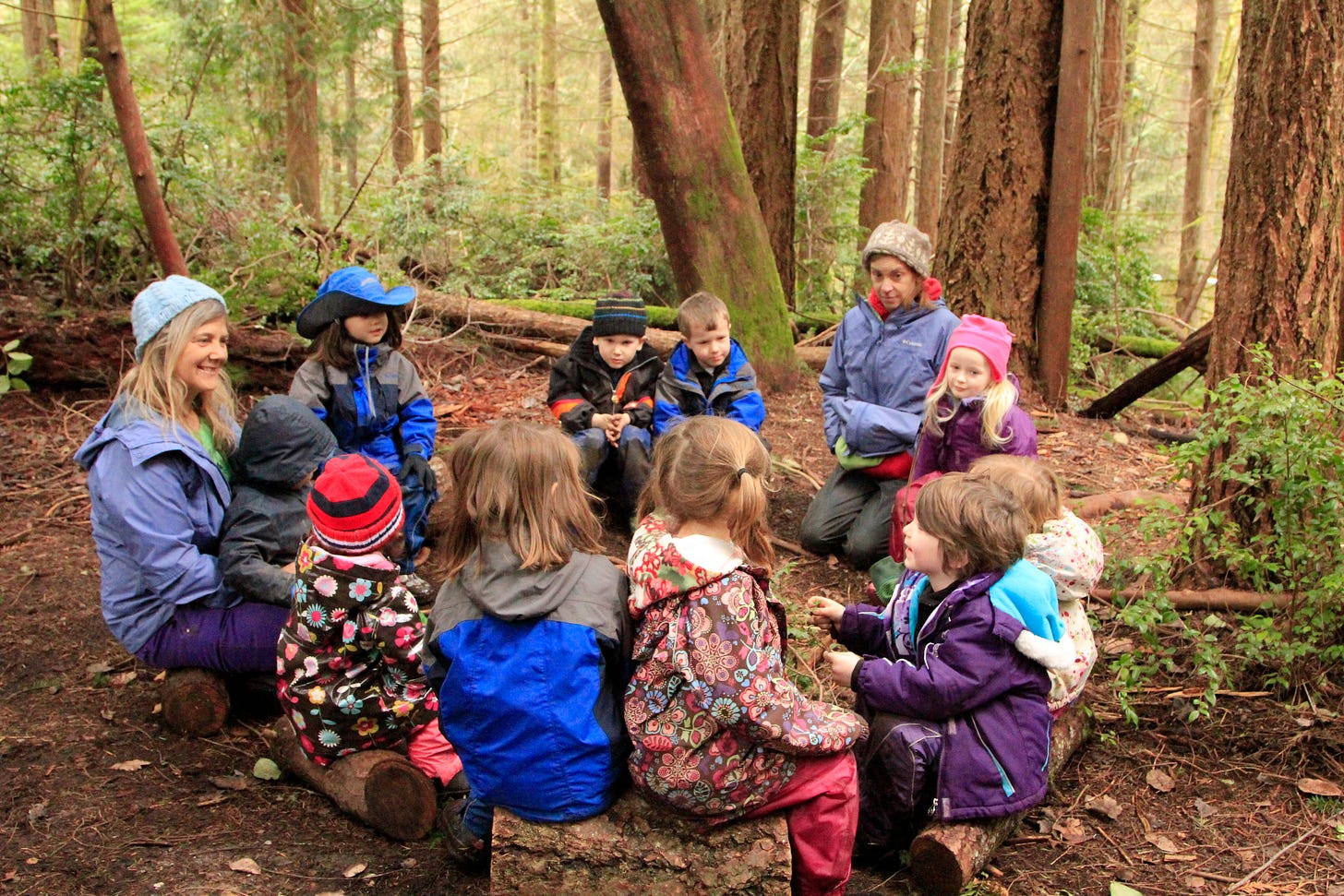
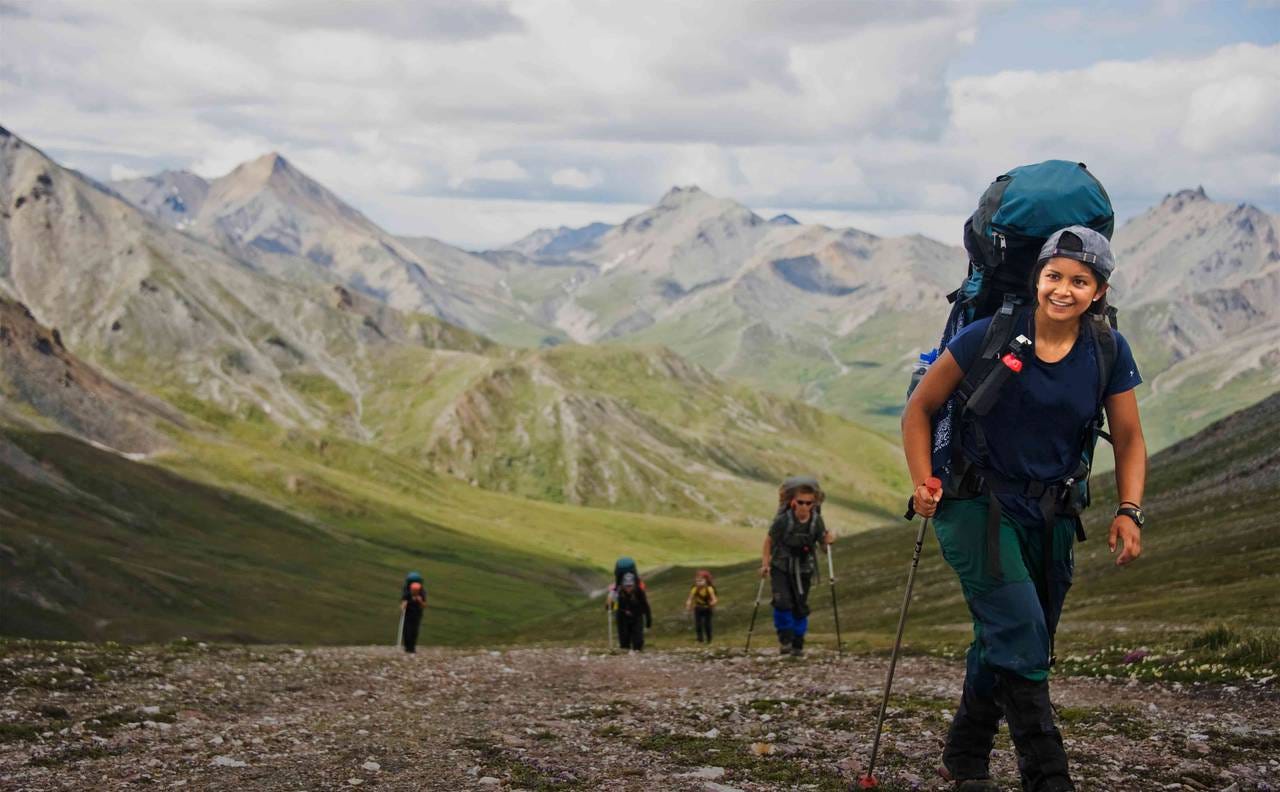
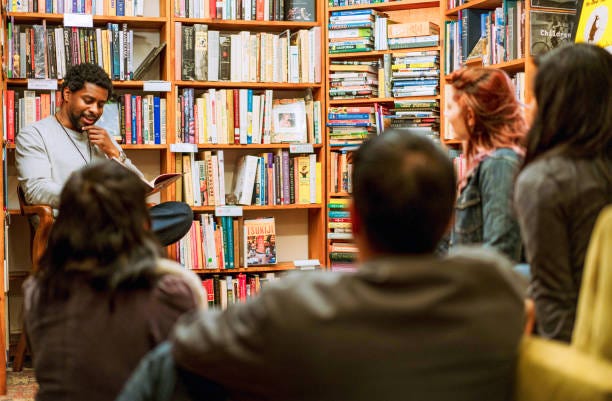
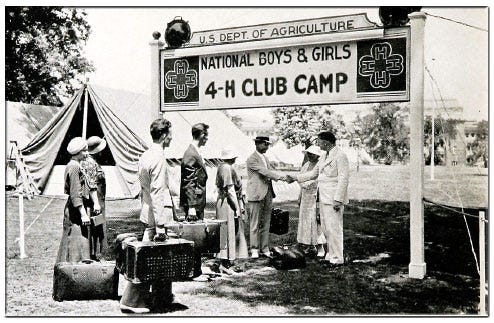
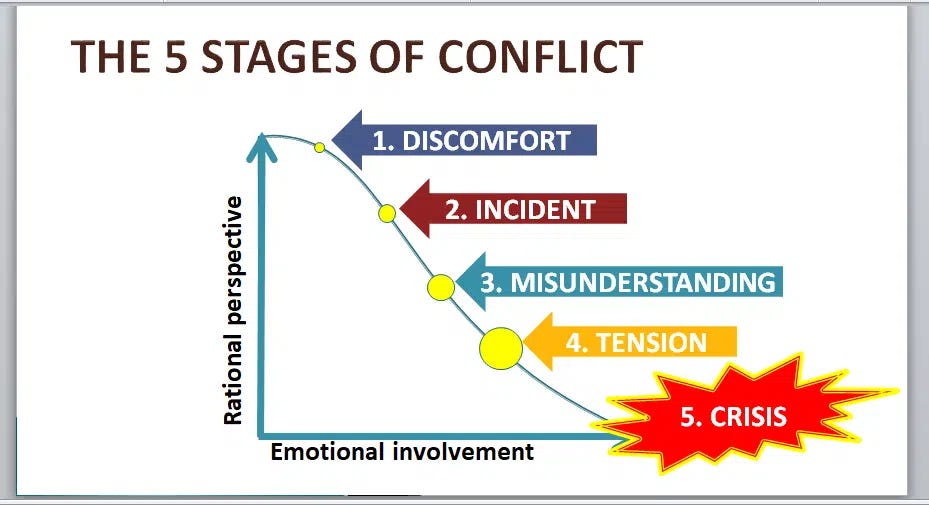
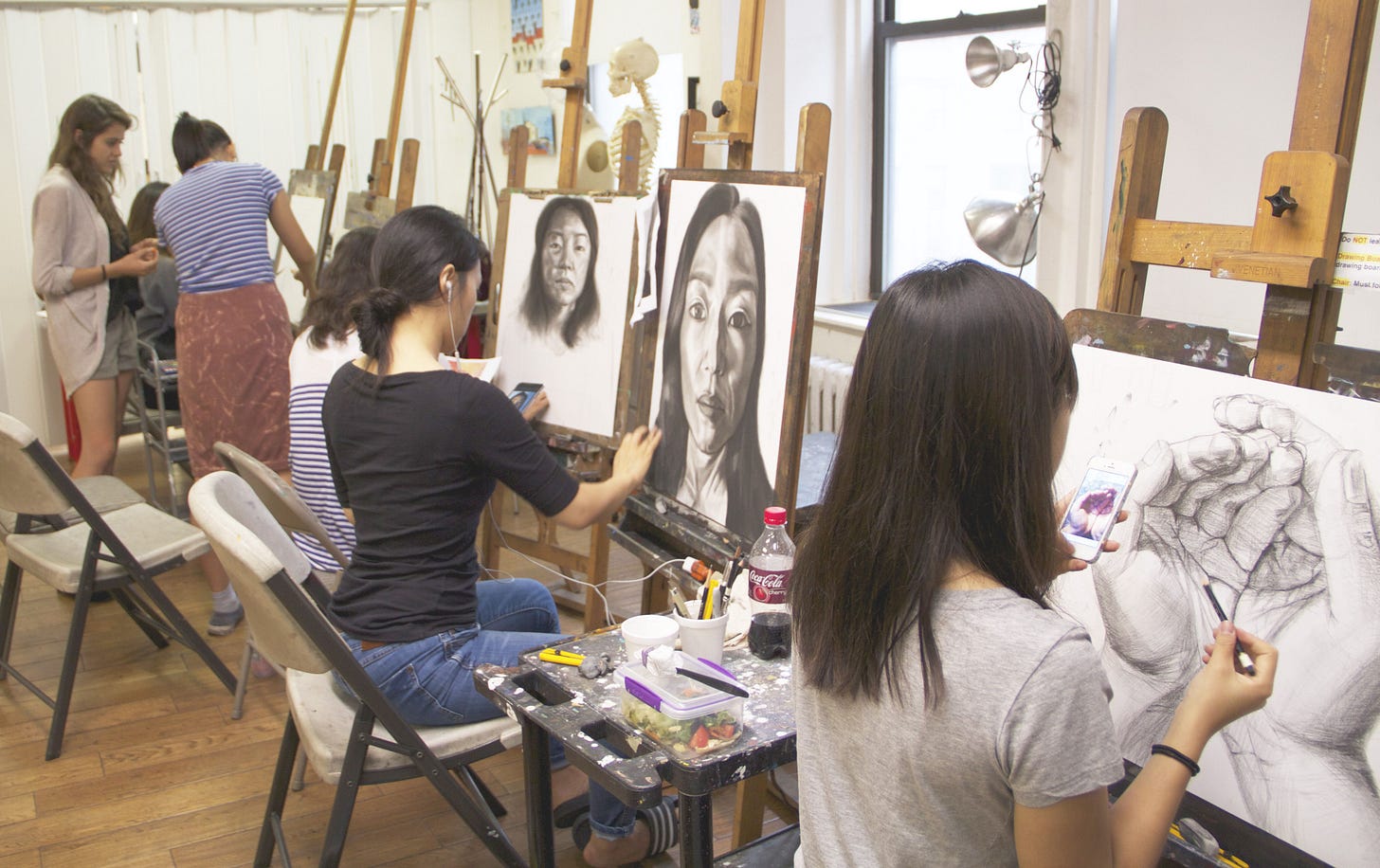
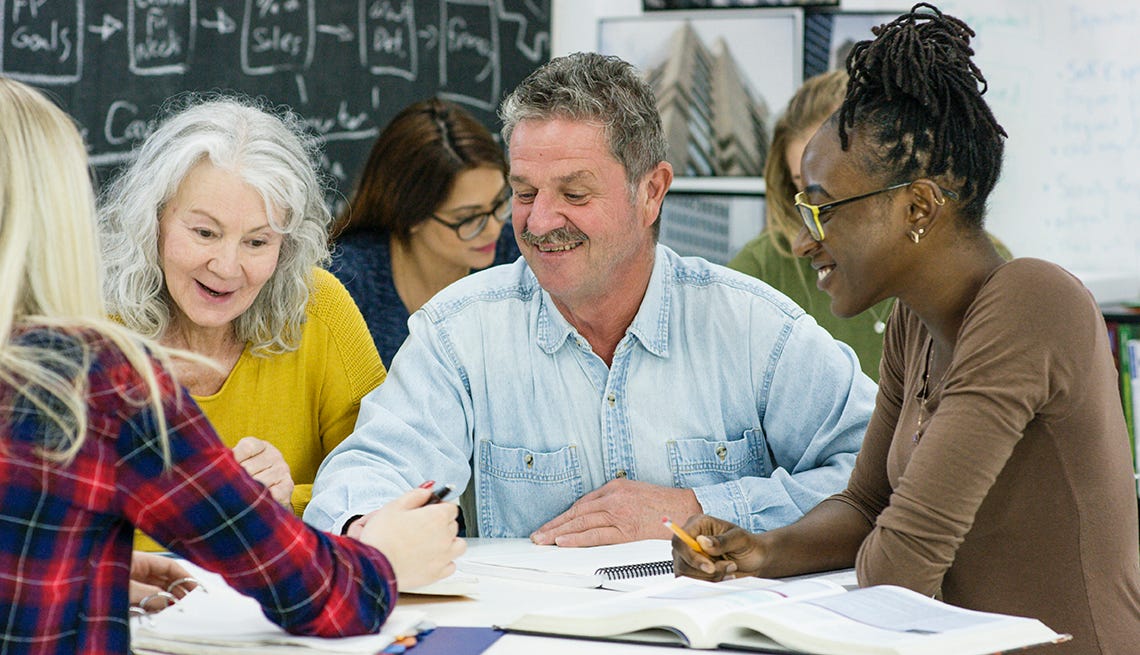
SOO good! Honestly working toward all of this for my kids. I think there could also be something in there about natural building, indigenous ways of life, and more unstructured social time within a positive environment around projects...
This has me dreaming of the role educators organized into revolutionary unions could play in implementing this program during the transition to socialism....